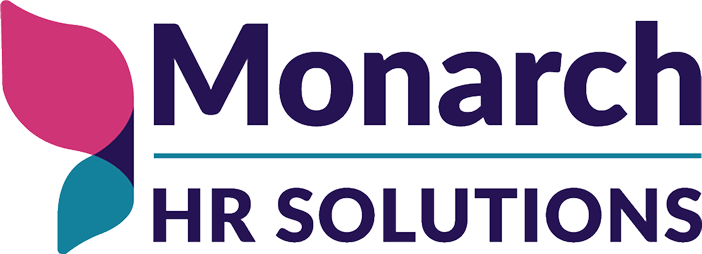By Kimberly Kafafian
An essential part of managing employees is addressing performance issues. I admit, even for the most seasoned People Managers and HR professionals, these are not fun conversations. These conversations are, in fact, one of the most challenging aspects of a manager’s role. Because of that, managers quite often (ok, almost always) delay having these discussions. But delaying talking to an employee about their less than positive performance is detrimental to everyone.
Monarch is located in the NY tri-state area and we often commute into Manhattan to meet with clients. Our commute puts us on trains operated by the Metropolitan Transportation Authority, or MTA. The MTA has a slogan for commuters: If You See Something, Say Something (which was coined on Sept. 12, 2001). Good performance management is just like that: done in real time.
All too often, performance problems are brought up for the first time during annual performance reviews. When you wait too long to raise performance concerns, you unleash a host of problems:
- The employee may be under a false impression that they are doing a good job. As an HR professional, I all too frequently hear, “No one has ever said anything to me before about concerns with my performance.” If nothing is mentioned (and more importantly, documented), the employee’s actions may seem acceptable and then the person will see no reason to change. Plus, if you terminate after this one mention at such a late date, you open up the possibility of legal action for unfair dismissal.
- At this point, it is often too late to fix the issues as the unproductive behaviors exhibited by the employee have become commonplace, deteriorating the manager-employee relationship. Said differently, your employee now has an unproductive habit that wasn’t kept in check.
- You missed the opportunity to quickly correct the performance issues, which negatively impacts not only the employee’s performance, but the performance and value of the entire company. The moment you see behavior that needs correction, correct it. Let’s face it, People Managers, that’s part of your J-O-B.
Discuss Performance Issues with Employees
When they First Arise
Hoping that the employee’s performance issues will go away is wishful thinking. If no one told the employee that there was an issue, how would they know they should work on it? You need to have a discussion with the employee as soon as you are aware of the performance problem. Here are some reasons why it’s so important to do so:
- It ensures that the manager and the employee are in sync of what is expected.
- It helps the employee better understand what is needed for good performance.
- It provides an opportunity for the employee to correct the issue.
- A quick resolution leads to better outcomes for the organization overall as the issue could also be hindering the work of colleagues or subordinates.
- Providing regular feedback, both positive or negative, helps build better working relationships and trust.
- Giving feedback in smaller doses, more frequently, can help employees maximize their strengths and grow.
- It ensures that the feedback is current and in context, rather than out of date and irrelevant.
- During the annual performance review, there should be NO surprises. Both of you should be going into this conversation on a level playing field.
Nobody likes having tough conversations, but it’s important not to put them off. And honestly, the more often you have these conversations, the easier they become. Frank and timely discussions with employees about their performance problems can help them improve, which is good for the employee, good for the employer, and good for their relationship.

